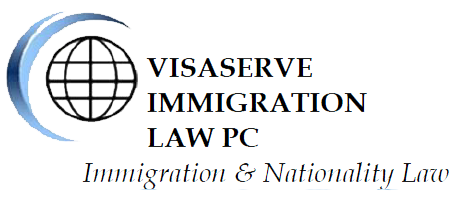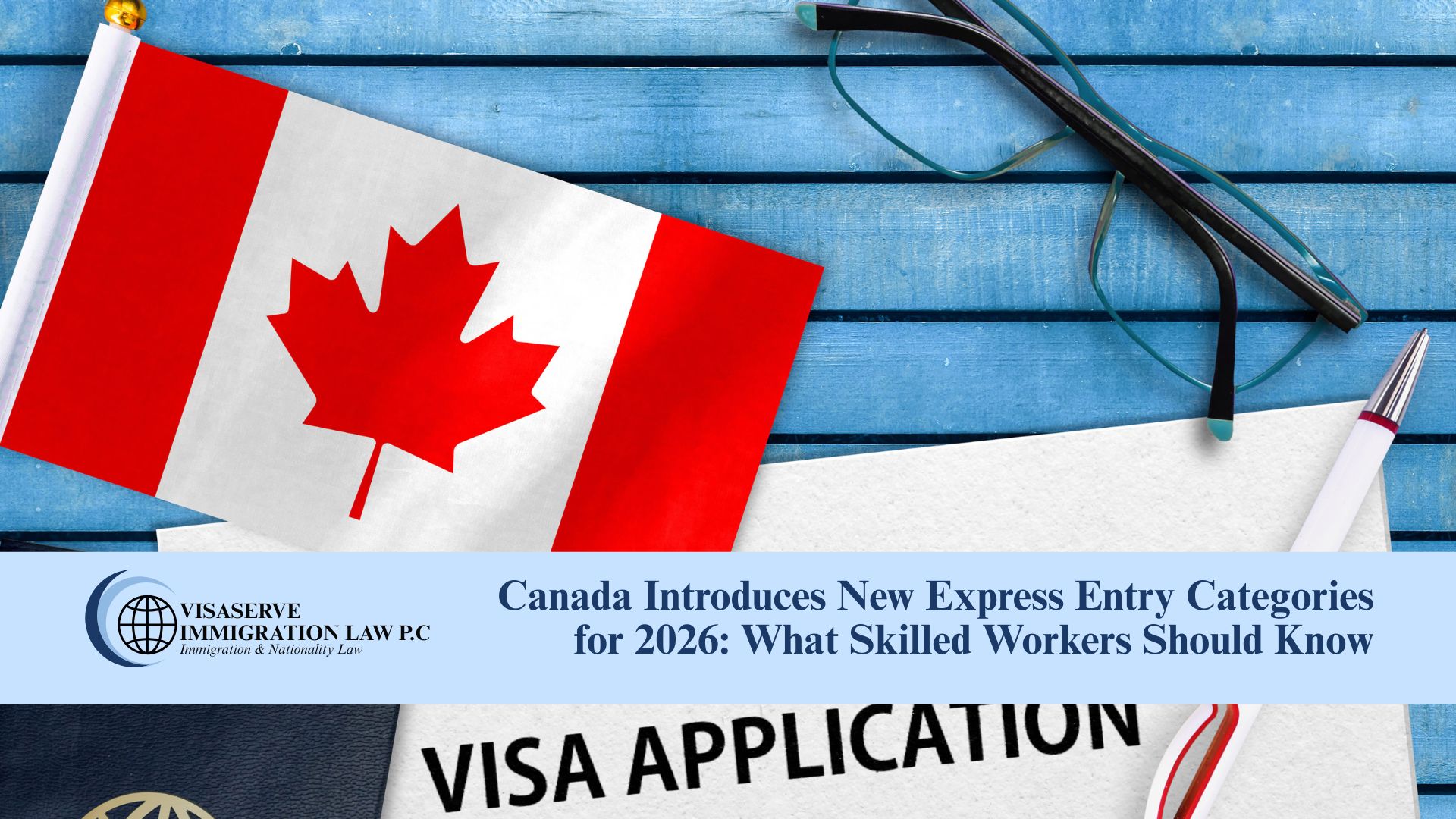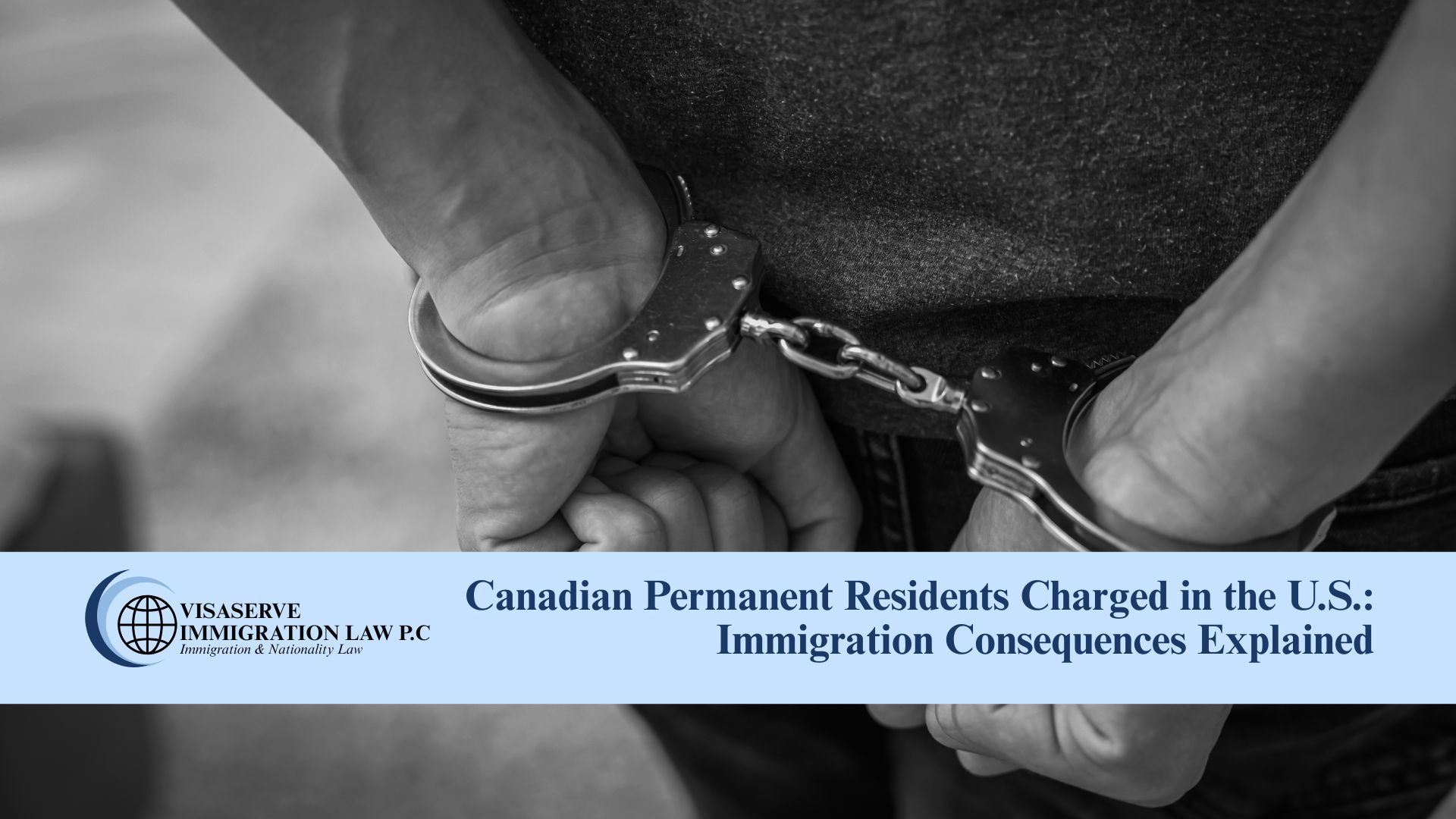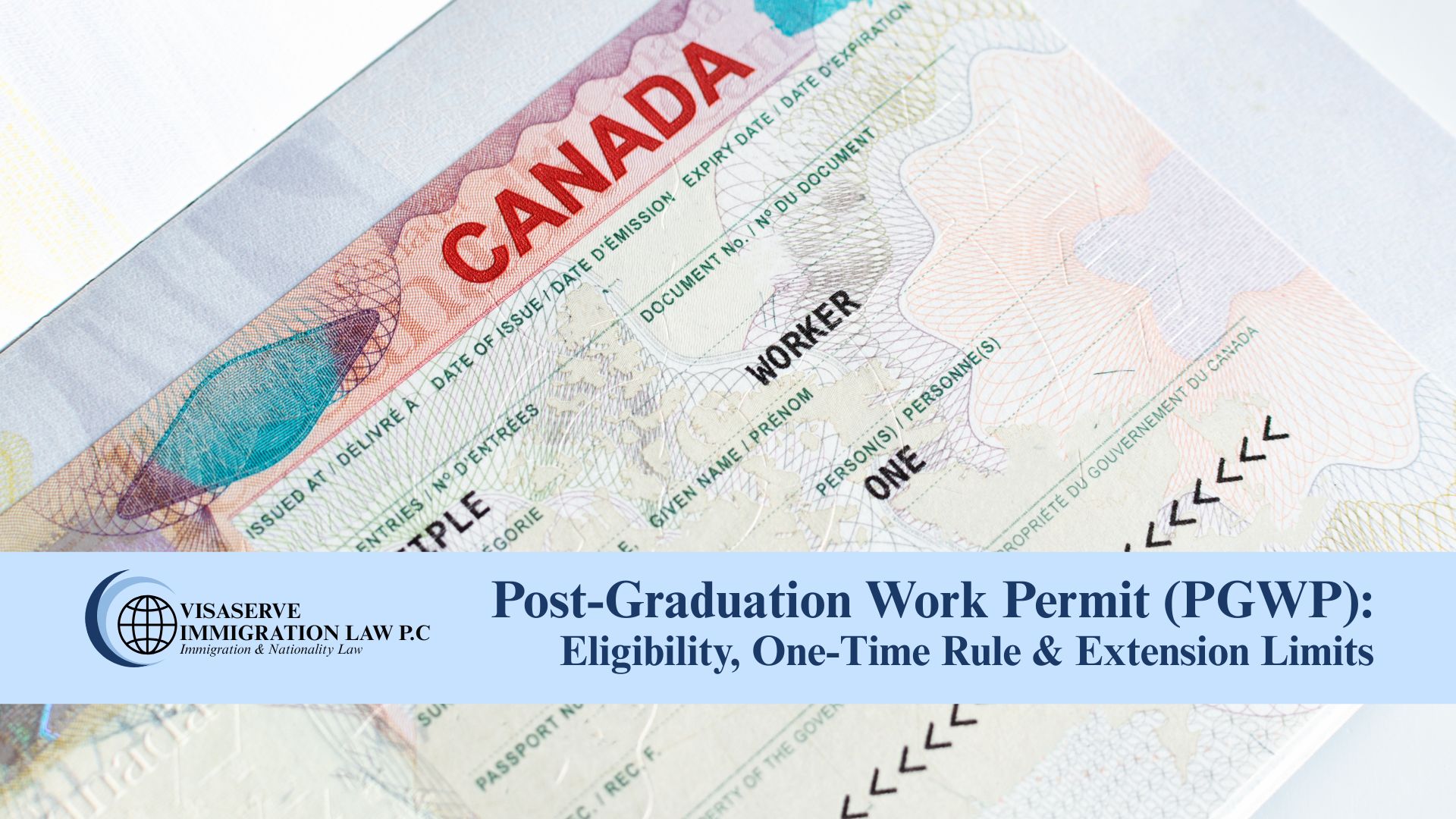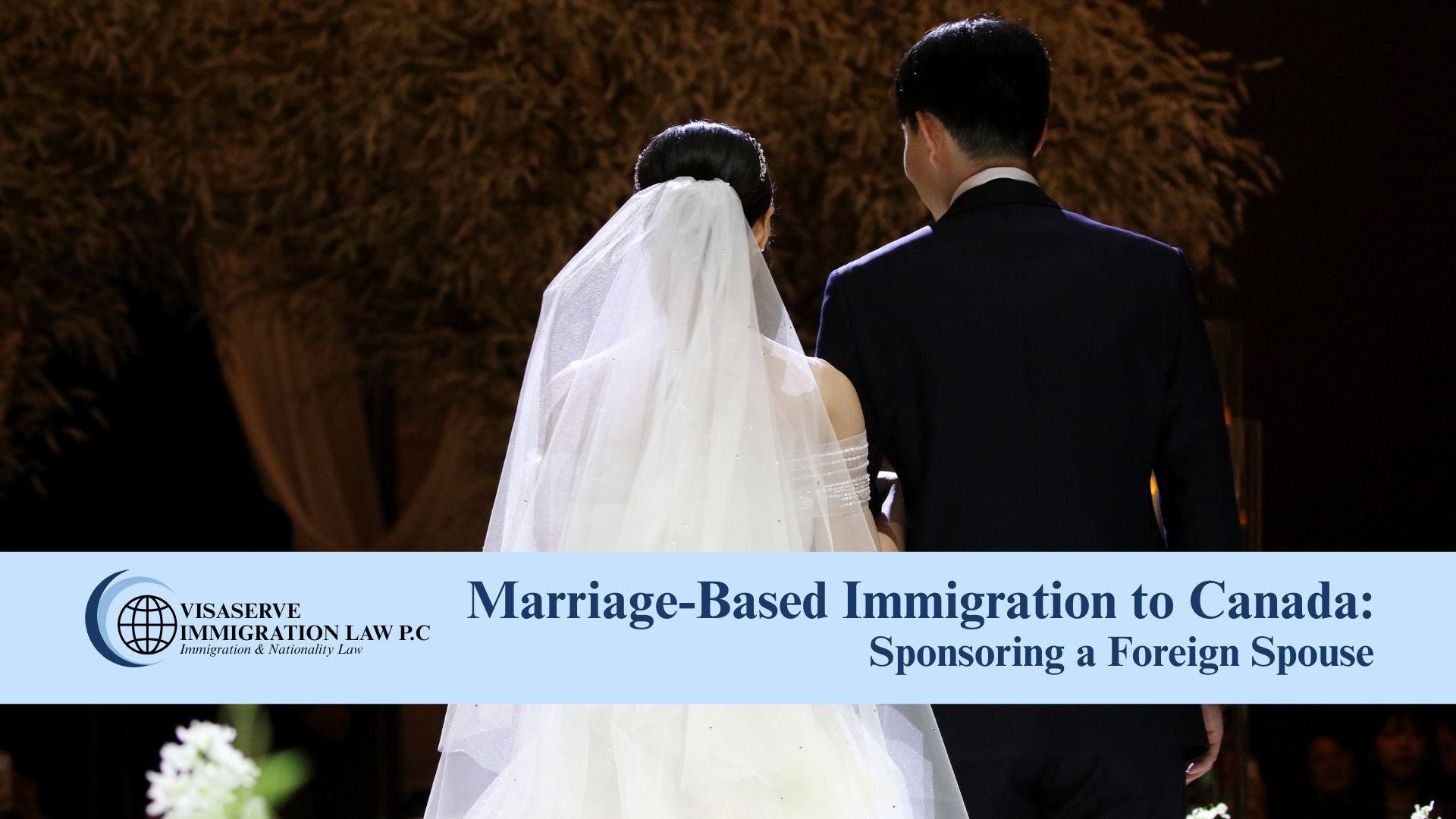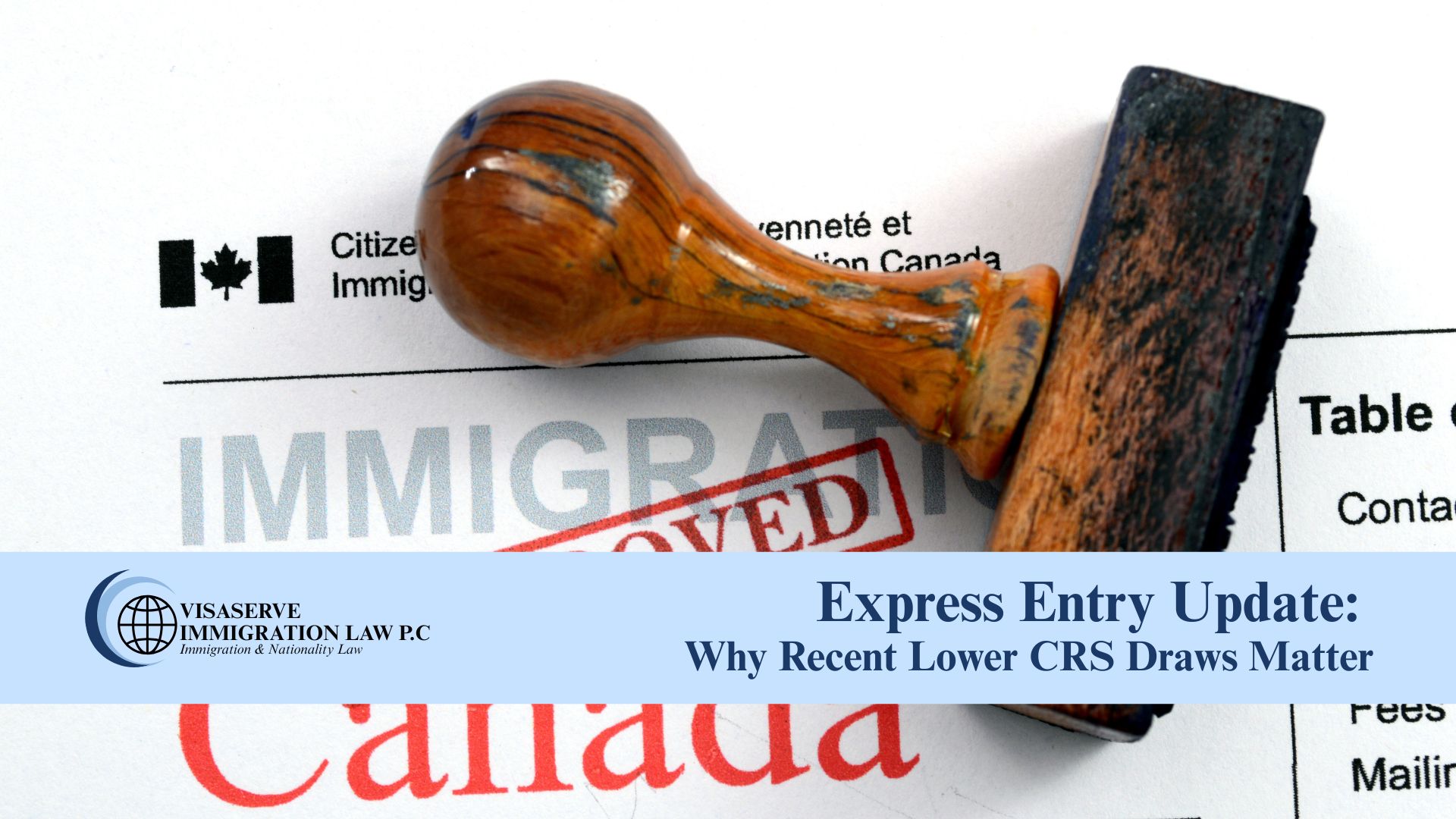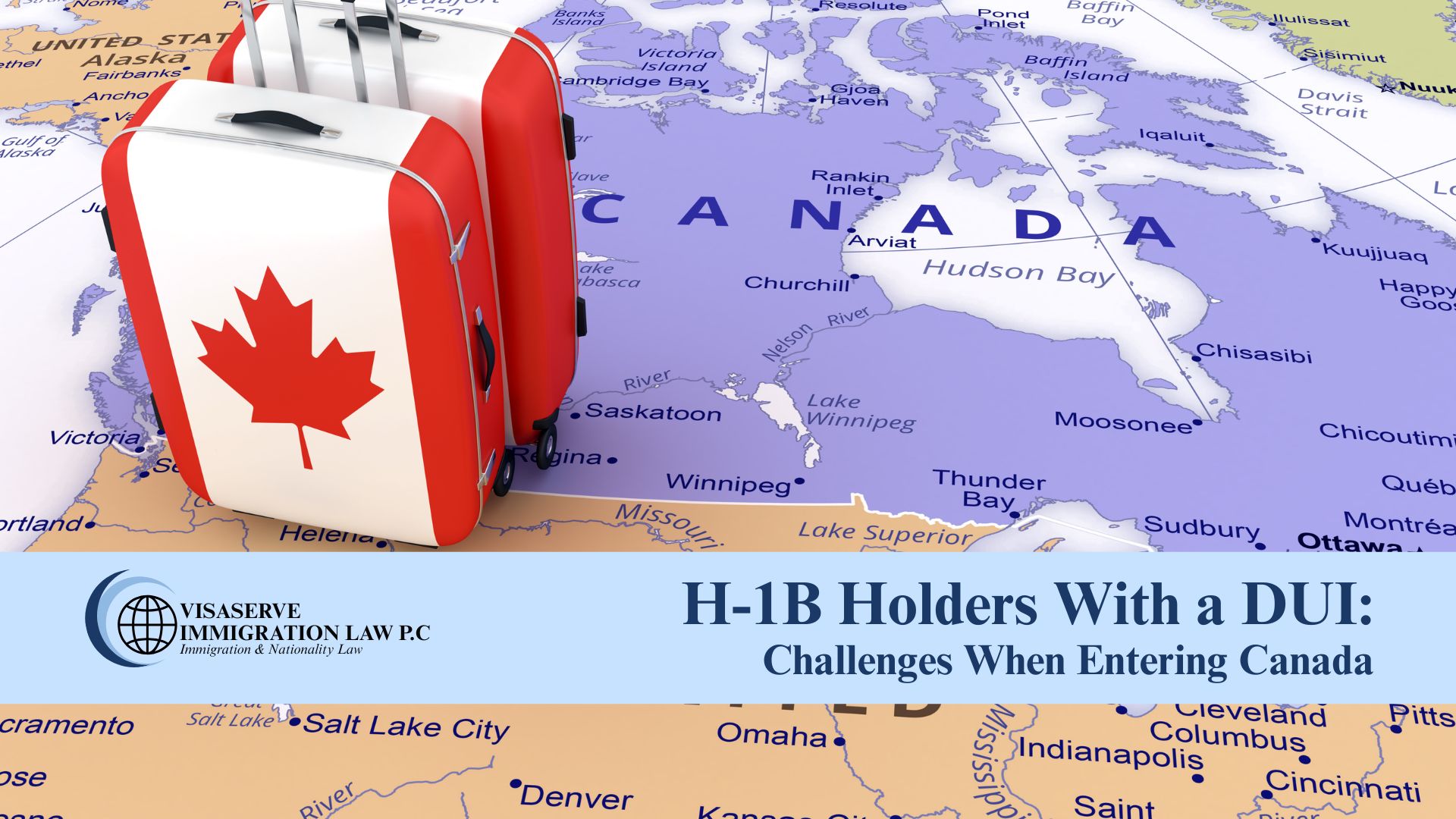Canada continues to attract top global academic talent through immigration pathways designed to recognize research excellence. One such pathway is the C44 work permit exemption, which allows post-doctoral researchers holding—or about to receive—a Ph.D. to work in Canada without requiring a Labour Market Impact Assessment (LMIA).
This exemption falls under the International Mobility Program (IMP), which enables certain categories of employment that are considered to be in Canada’s national interest.
Who Qualifies for the C44 Work Permit Exemption
To be eligible under LMIA exemption code C44, applicants must:
-
Have completed—or be nearing completion of—a Ph.D. in a relevant field of study;
-
Hold a time-limited post-doctoral appointment with a recognized Canadian university or research institution;
-
Receive a salary or stipend for research or teaching duties; and
-
Be selected based on academic excellence and merit.
Positions may be funded directly by the institution or through an external research award. Regardless of funding structure, the appointment must involve active research or teaching that advances Canada’s academic competitiveness and innovation capacity.
Required Documentation
When applying for a C44 work permit, the applicant and institution must typically provide:
-
An offer of employment number generated through the IRCC Employer Portal or a completed Form IMM 5802 (Offer of Employment to a Foreign National Exempt from an LMIA);
-
Proof of employer-compliance fee payment; and
-
A copy of the Ph.D. diploma or an official letter confirming the Ph.D. will soon be awarded.
Applications are reviewed in IRCC’s Global Case Management System (GCMS) under code C44, where officers assess whether the employment offer and supporting documentation meet program requirements.
Duration and Terms of Employment
A C44 work permit is issued for the length of the employment offer or until the passport expires, whichever comes first.
If the applicant is visa-exempt (for example, a U.S. citizen or permanent resident of certain countries), the permit may be issued for the full term of employment.
The position must directly relate to the applicant’s field of doctoral study, and the employer listed on the work permit must match the institution named in the employer portal submission.
Why the C44 Category Matters
By recognizing post-doctoral employment as being in Canada’s national interest, the C44 exemption enables Canadian universities and research institutions to recruit exceptional international scholars efficiently.
This pathway strengthens Canada’s reputation as a leader in research and innovation by:
-
Promoting knowledge transfer and collaboration;
-
Supporting the development of high-impact research; and
-
Building a stronger, globally connected academic community.
Frequently Asked Questions (FAQ)
1. What is the C44 exemption?
It allows post-doctoral researchers holding—or completing—a Ph.D. to work in Canada without an LMIA because their work is considered in the Canadian national interest.
2. Is a Canadian job offer required?
Yes. The applicant must hold a time-limited, paid research or teaching appointment from a recognized Canadian institution.
3. How long is the work permit valid?
Typically, for the duration of the employment offer, or until the passport’s expiry date.
4. Can post-doctoral fellows apply for permanent residence later?
Yes. Many post-doctoral researchers transition to Permanent Residence through programs such as the Canadian Experience Class (CEC) or Provincial Nominee Programs (PNPs).
5. Does the employer need to pay an LMIA fee?
No LMIA is required, but the institution must pay the employer-compliance fee through the IRCC Employer Portal.
Contact Visaserve Immigration Law P.C.
If you are a post-doctoral researcher or an institution seeking legal support with work permit applications or compliance under Canada’s International Mobility Program, our team can assist you.
📩 Email: info@visaserve.ca
📞 Phone: 905-203-2266
🌐 Website: www.visaserve.ca
Tags: [ C44 work permit Canada, LMIA exemption, post-doctoral researcher visa, International Mobility Program, Visaserve Immigration Law P.C. ]
